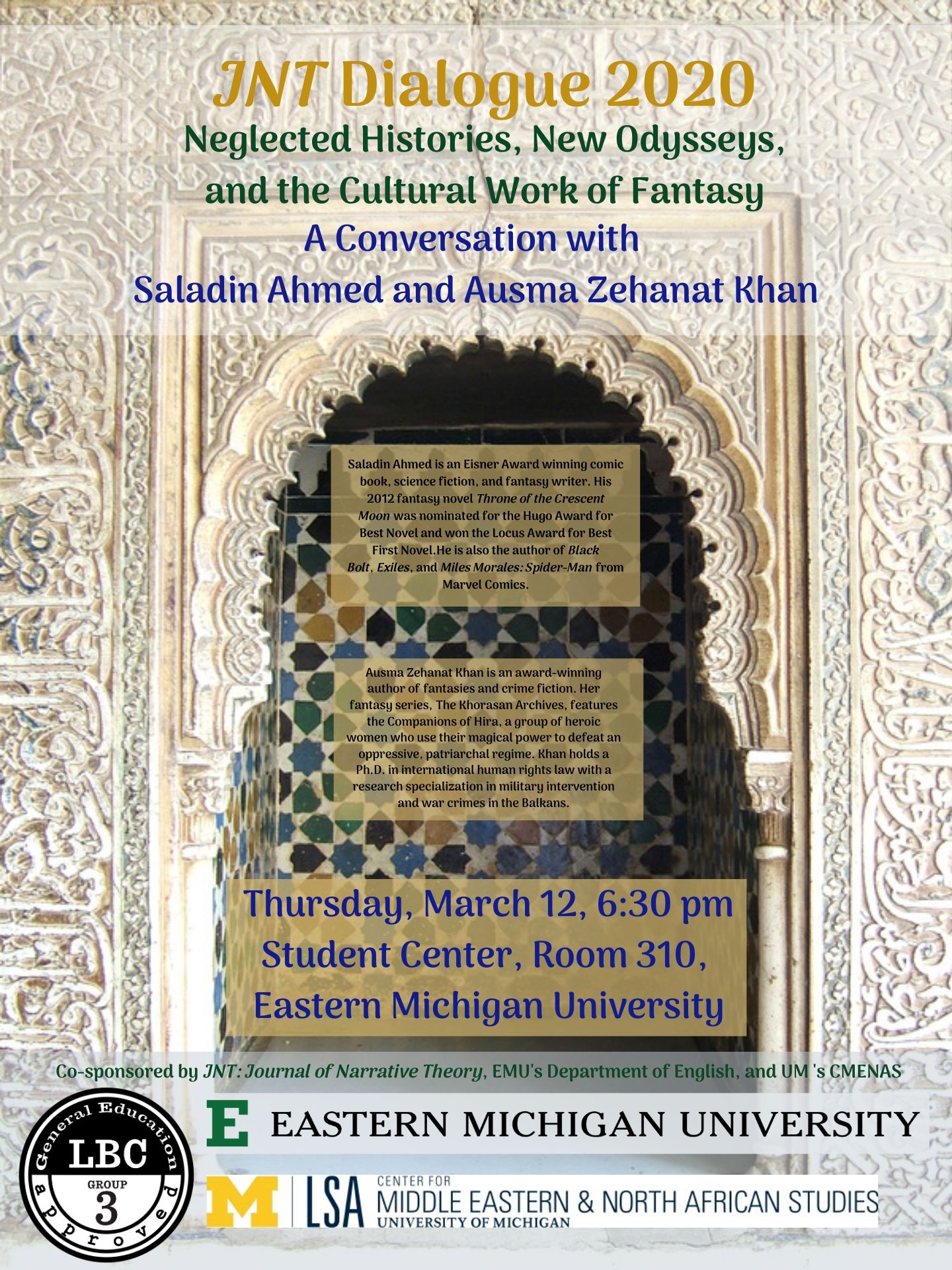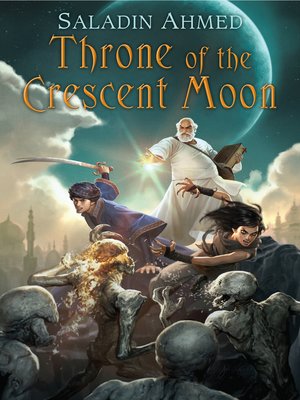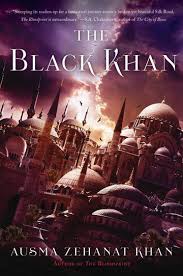JNT Presents a Conversation With Saladin Ahmed and Ausma Zehanat Khan


Join a conversation with authors Saladin Ahmed and Ausma Zehanat Khan, as the Journal of Narrative Theory presents a dialogue on Neglected Histories, New Odysseys, and the Cultural Work of Fantasy. The event is approved as an LBC Group 3 credit and will take place at 6:30 p.m. on March 12 at the Student Center in Room 310. It is cosponsored by EMU's JNT and English Department, as well as the University of Michigan's Center for Middle Eastern & North African Studies.
Saladin Ahmed


Ahmed is an award-winning comic book, science fiction and fantasy writer, as well as a poet and active Twitter user. His comic novels include Black Bolt, which features Abbott, a paranormal thriller comic centered on investigative reporter Elena Abbott in ’70s Detroit; and Marvel’s Exiles, featuring a Bahamian Blink, a Valkyrie and a baby wolverine all traveling through time trying to save the multiverse. His 2012 fantasy novel Throne of the Crescent Moon is set in the medieval Muslim world and involves the aging ghul hunter Doctor Adoulla Makhslood and his assistant, Raseed bas Raseed — a Dervish warrior sworn to a holy path — charged to defeat a dark sorcerer. Ahmed’s widely published poetry has been included in Post Gibran: Anthology of New Arab American Writing and Arab Detroit: From Margin to Mainstream.
Born and raised in Dearborn, Michigan, Ahmed attended Henry Ford Community College before transferring to the University of Michigan in Ann Arbor. After receiving a BA in American Studies, Ahmed earned an MFA at Brooklyn College and an MA in English from Rutgers University. He currently lives in Michigan with his wife and twins.
Ausma Zehanat Khan


Khan is the author of mysteries and fantasies. Her critically acclaimed mystery series includes the Pakistani-Canadian inspector Esa Khattak and his partner Rachel Getty, solving crimes that involve Human Rights violations, such as the mysterious death of a war criminal with ties to the Srebrenica massacre of 1995, in The Unquiet Death, or, in her most recent novel A Deadly Divide, a mass shooting at a Mosque in Quebec and the after-effects of a rising tide of Islamophobia in both the province and the nation. In an effort to increase readers’ understanding of the historical and political context of her mysteries, Khan supplements them with brief postscripts, providing historical background and suggestions for further readings.
As an author of fantasy, Khan has produced three novels in her prospective Khorasan Quartet, involving the Companions of Hira, a group of heroic women who use their magical power to defeat an oppressive, patriarchal regime. Khanhas also has written a non-fiction book, Ramadan, for middle-grade students, and served as editor-in-chief of Muslim Girl magazine, the first magazine to address a target audience of young Muslim women.
Khan holds a Ph.D. in international human rights law with a research specialization in military intervention and war crimes in the Balkans. She practiced immigration law in Toronto and has taught international human rights law at Northwestern University, as well as human rights and business law at York University. She is a longtime community activist and writer, and currently lives in Colorado with her husband.
More About JNT: Journal of Narrative Theory
The Journal of Narrative Theory was founded in 1971 as The Journal of Narrative Technique. It is a refereed, international journal published three times a year by the Department of English at Eastern Michigan University. JNT continues to follow the high standards set during its first four decades of publication; the newly focused JNT showcases theoretically sophisticated essays that examine narrative in a host of critical, interdisciplinary, or cross-cultural contexts. Of particular interest are history and narrative; cultural studies and popular culture; discourses of class, gender, sexuality, race, nationality, subalternity, and ethnicity; film theory, queer theory, and media studies; new historical, poststructural, or global approaches to narrative forms (literary or otherwise); along with essays that span or subvert epistemic and disciplinary boundaries. JNT is multi-genre, multi-period, multi-national.
For a list of events and more information, visit JNT's Facebook page.

